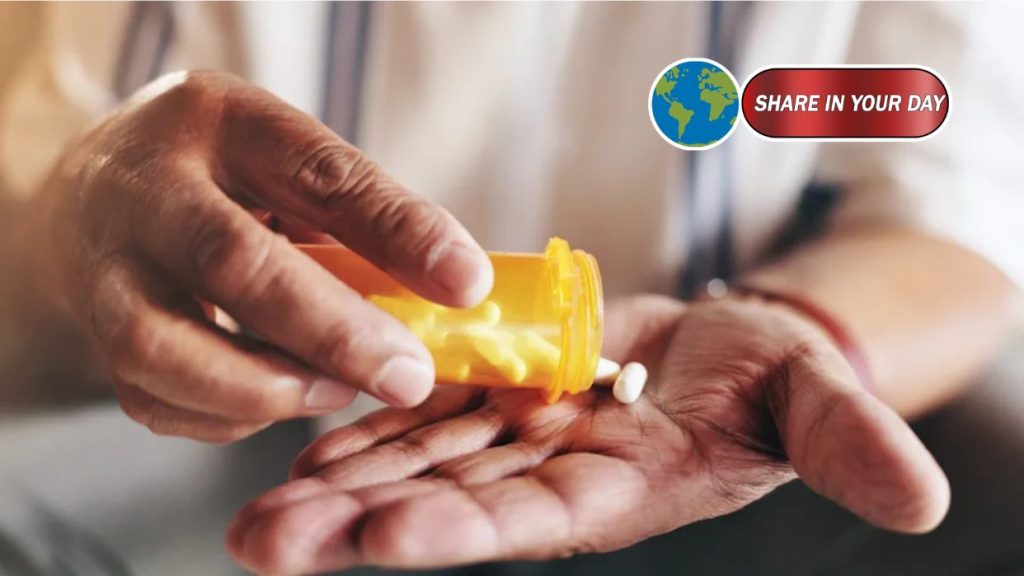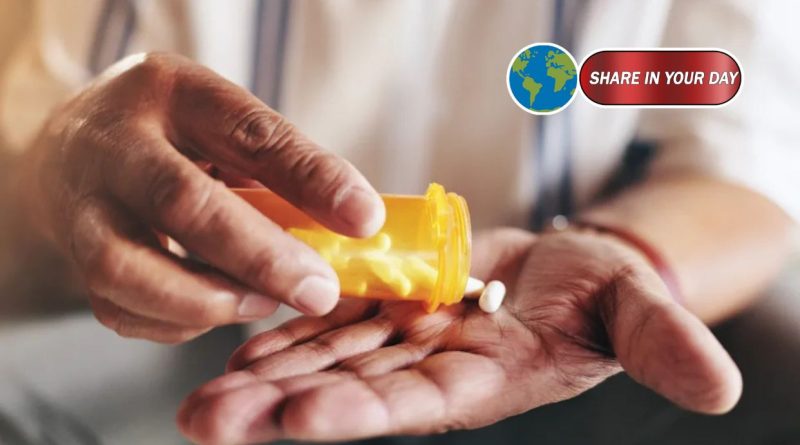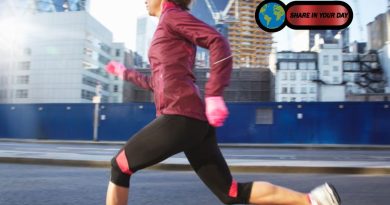Microplastics Could Be Fueling Drug-Resistant Superbugs, Scientists Warn
Environment & Health
Scientists have issued a new warning over a disturbing link between pollution and global health: microplastics may be nurturing drug-resistant bacteria, accelerating a crisis already flagged as one of the biggest threats to modern medicine.

The findings come from a recent study by Chinese research labs, highlighted by Scientific American, that sheds light on how tiny plastic particles — already known to pollute oceans, rivers, and soil — may also act as breeding grounds for superbugs.
“We’ve just really scratched the surface,” says Timothy Walsh, a microbiologist at the University of Oxford.
Microplastics: A New Safe Haven for Harmful Bacteria
Microplastics, typically measuring less than 5 millimeters in size, are found in everything from bottled water to sea salt. But now, researchers say they offer an ideal surface for bacteria to attach, grow, and evolve.
Their porous structure allows microorganisms to stick and form biofilms — a slimy layer where bacteria can thrive and swap genetic material, including genes that resist antibiotics.
Antibiotics themselves also stick to plastic surfaces, exposing bacteria to their properties long enough to allow for resistance. Essentially, plastic isn’t just harboring bacteria — it may be helping them evolve.
An Overlooked Path to Antimicrobial Resistance
Antibiotic resistance — when bacteria no longer respond to drugs designed to kill them — is responsible for more than 1.2 million deaths globally each year, according to the WHO. And the number is rising.
Now, scientists are concerned that the unchecked spread of microplastics could be silently accelerating this process.
As populations grow and plastic consumption continues to rise, more microplastics are entering the environment — offering more real estate for bacteria to colonize and mutate.
“This is about more than just pollution — it’s about public health,” experts warn.
Communities Near Plastic Sources May Be Most at Risk
The threat is especially concerning for communities near plastic manufacturing hubs or landfills, where environmental exposure is higher. Residents in these areas may face elevated risks of infections that don’t respond to traditional medicines, as drug-resistant bacteria become more prevalent.
What was once considered only an ecological problem is now being reclassified as a medical crisis in the making.
What’s Being Done — and What Needs to Happen
While the findings are alarming, scientists are working on solutions. Medical researchers are exploring innovative strategies such as:
- Probiotic supplements that may bind to microplastics and neutralize them,
- New filtration technologies to remove microplastics from drinking water, and
- Experimental blood purification treatments.
At the policy level, there is growing momentum behind calls for more funding into water treatment infrastructure and antimicrobial resistance research. Communities are also being encouraged to reduce plastic waste at the source — using reusable containers, cloth bags, and minimizing single-use packaging.
Environmentalists argue that the time to act is now. Public awareness, research investment, and legislative pressure will be essential to turn this tide before it results in an irreversible health catastrophe.
The Bigger Picture: Environment and Health Are Interlinked
This latest research serves as a stark reminder: the environment and public health are inseparable. Reducing plastic waste is not just about protecting oceans and wildlife — it may be key to preserving the effectiveness of modern medicine.
As microplastics continue to pervade every corner of the globe, the urgency grows for governments, industries, and citizens to recognize the hidden health threats within this pollution crisis.
“We’ve underestimated the role of plastic pollution in the rise of drug resistance,” says Walsh. “It’s time we start connecting the dots.”




